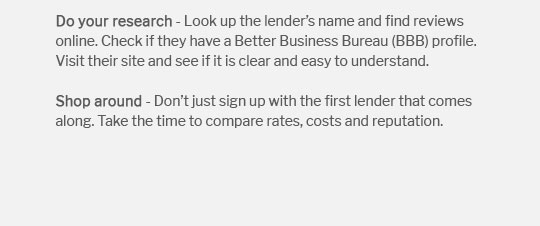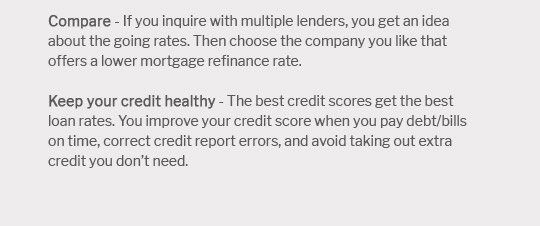 |
|||
 |
 |
 |
||
|---|---|---|
 |
||
 |
||
 |
||
 |
||
 |
 |
 |
 |
Understanding FHA Manufactured Home Loan Rates: What You Need to KnowIn the vast realm of home financing, few areas are as misunderstood yet as critical as the realm of FHA manufactured home loans. With the ever-evolving landscape of housing, the interest in manufactured homes has seen a resurgence, and with it, the curiosity around FHA loan rates has intensified. Let's delve into the intricacies of these rates and explore what prospective homeowners should consider when embarking on this journey. Firstly, it's essential to comprehend that FHA loans, or Federal Housing Administration loans, are a particular category of government-backed mortgages. They are designed to assist individuals who may not qualify for conventional loans due to lower credit scores or limited down payments. This accessibility makes them an attractive option for many potential buyers. However, the rates associated with FHA manufactured home loans can vary significantly, often influenced by several key factors. One crucial aspect to consider is the borrower's credit score. Although FHA loans are known for their flexibility, a higher credit score can still lead to more favorable rates. Lenders often perceive individuals with better credit histories as less risky, which can result in lower interest rates. Therefore, it's advantageous for potential borrowers to work on improving their credit scores before applying. Another factor influencing FHA loan rates is the current economic climate. Interest rates, in general, tend to fluctuate based on the broader economy. In times of economic growth, rates may rise, while during downturns, they might decrease as a measure to stimulate spending. Prospective homeowners should stay informed about economic trends, as this knowledge can aid in timing their loan applications more strategically. Moreover, the specifics of the manufactured home itself can impact loan rates. The age, condition, and location of the home play roles in determining the loan's terms. Newer homes or those in desirable locations might secure better rates compared to older or less ideally situated ones. It's wise for buyers to thoroughly assess the property to understand how these factors might influence their loan. Additionally, borrowers should be aware of the fees associated with FHA loans, which can sometimes be overlooked. The upfront mortgage insurance premium (UFMIP) and annual mortgage insurance premiums (MIP) are costs that borrowers need to factor into their financial planning. While these fees are a trade-off for the reduced down payment and lower credit score requirements, they can impact the overall cost of the loan. Another key consideration is the lender's role in determining rates. Different lenders may offer varying terms, so it is crucial for borrowers to shop around and compare offers. Seeking multiple quotes can empower individuals to make informed decisions, potentially saving significant amounts over the life of the loan. In conclusion, while FHA manufactured home loan rates present a viable path to homeownership for many, they come with a complexity that warrants careful consideration. Understanding the interplay between personal financial health, economic conditions, and lender practices is crucial. By taking the time to research and prepare, prospective homeowners can navigate this landscape effectively, securing the best possible terms for their unique circumstances. Remember, in the world of home loans, knowledge truly is power. https://www.fidelityhomegroup.com/manufactured-home-loans/
Todays Mortgage Rates For Friday 21, March 2025 - 5.625% - 5.99% - 6.875% - 6.99% - 7.25% - Manufactured Home Loan Options: - Qualifying for a Manufactured Home ... https://www.ourfirstfed.com/personal/home-loans/manufactured-homes
Manufactured Home Loans ; 6.562%. APR. 30-year Fixed Rate MH Purchase ; 6.052%. APR. 15-year Fixed Rate MH Purchase ; 6.101%. APR. 15-year Fixed Rate MH Refinance. https://www.bankrate.com/mortgages/manufactured-mobile-home-loans/
Types of manufactured home financing ; FHA manufactured home loans, 580, 3.5%, Fixed, Up to 25 or 30 years depending on loan product ; VA ...
|
|---|